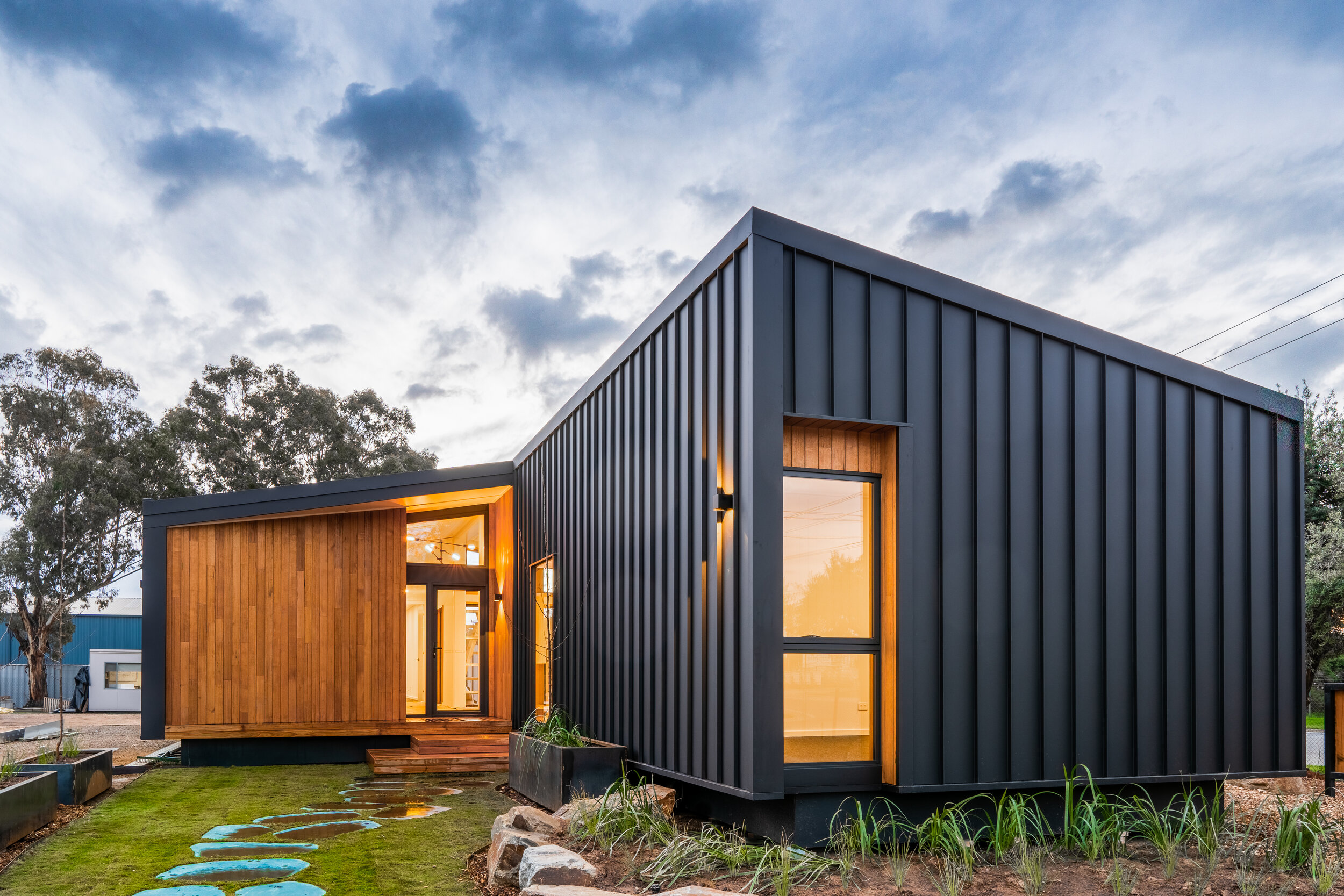The modular fabricated home is a particular type of prefabricated home. It involves the production of individual modules and connections onsite. This mode of production is gaining significance in the market and is preferred to conventional procedures.
What are the benefits of modular fabricated homes?
Faster build times: Modular fabricated homes can be constructed at rates that are much higher than those of traditional homes. This is because these modules are constructed in a factory where they can be assembled under stringent conditions. This implies that the frequency of weather delays and errors is reduced.
Lower costs: The cost of building modular fabricated homes is usually lower than that of traditional ones. This is due to mass production of the modules, which cuts costs on materials and labor.
Higher quality: The quality of modular fabricated homes exceeds that of traditional ones. This is because the modules are constructed in a factory environment where they can be closely inspected and tested.
More sustainable: Using modularized fabricated homes is greener compared to traditional housing. This is because they entail minimal waste thus use few materials.
More versatile: Modular fabricated homes can be built to suit a lot of needs. This implies that they can be used in single-family homes, mult-family houses or even commercial buildings.
Are There Any Disadvantages of Prefabricated Modular Homes?
Less customization: In comparison with traditional homes, modular fabricated homes are usually less personalized or customizable. This is because the design has less flexibility as the modules are pre-fabricated.
Higher transportation costs: This fact makes modular fabricated homes more costly to ferry compared with traditional homes. This is because modules are usually larger and weightier than conventional construction components.
Less local impact: The most common factory location for modular fabricated homes is away from the local community. This implies that they do not have a lot of impact on the local economy.
May not be suitable for all locations: Not all sites might be favorable for modular fabricated homes. For instance, they might not be ideal for places that experience harsh weather conditions.
In conclusion, modular fabricated homes have several benefits compared to conventional construction techniques. They are cost-effective and have a short duration of construction among other sustainability aspects. But the problem is that they are less flexible and may be more expensive to deliver. Modular fabricated homes are the best choice for those people, who want to construct new house affordably and sustainably.
Here are some additional things to consider about modular fabricated homes:
- This is an ideal selection process for the contemporary most fashionable people.
- People looking for an easy maintenance home can go in for the modular fabricated homes.
- People looking for an energy-efficient home can consider a modular fabricated home.
If you are considering building a modular fabricated home, there are several things that you should do:
- Look up for various modular fabricated home companies.
- Get multiple quotes from modulated fabricated houses companies.
- Visit a model home.
- Discuss with friends who own modular fabricated homes.
In addition to the advantages listed above, modular fabricated homes also offer several other benefits:
- They can be set up in differing sites such as rural areas.
- The latter could be created to resist harsh weather environments.
- That is, they are customizable to fit specific requirements of the owner.
- Future expansions or modifications can also be made with ease.
If you want to build a new home in a sustainable, cost-effective and flexible way then the modular fabricated homes would be an ideal choice.
Thank you for reading!
Modular fabricated homes are built from individual “modules” which are integrated at the site. The benefits of this method include shorter build time, lower costs and superior quality.
The advantages of modular fabricated homes are improved speed of construction, lowered costs, superior quality and sustainability as well as flexibility.
However, modular fabricated homes may be limited in customization, transport costs, local impact and where appropriate. Yet they still lie as a sustainable and low-cost housing choice.

